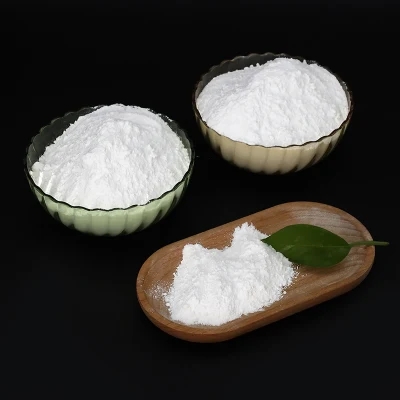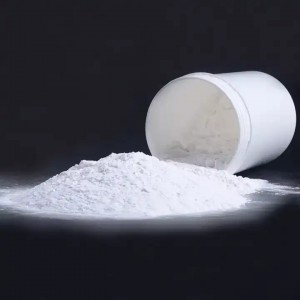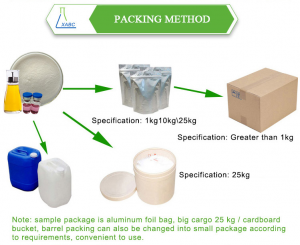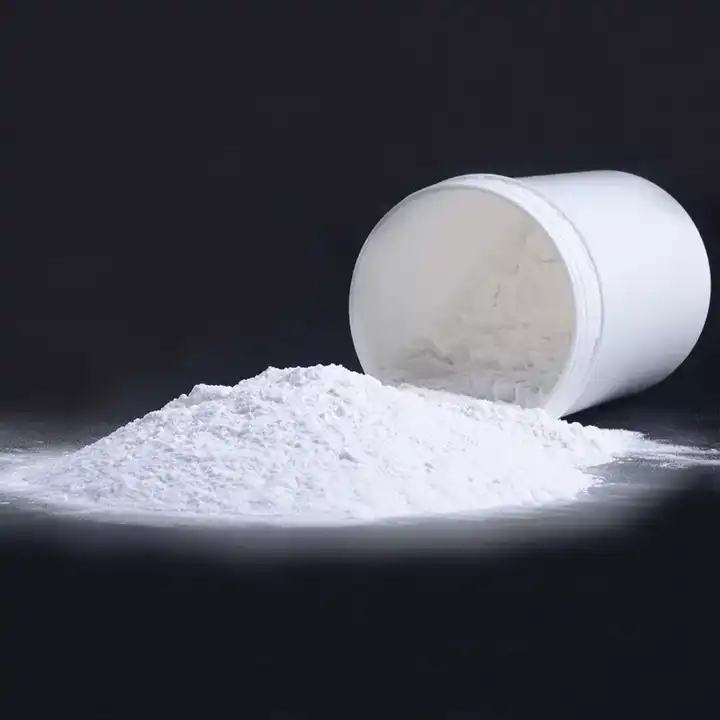GW-0742 SARMs Powder | GW610742 CAS 317318-84-6
Usage
For obesity, diabetes, dyslipidemia and cardiovascular disease An experimental drug meant to control lipids and increase the level of HDL, or good cholesterol, in the bloodstream. A cell-permeable, thiazolyl compound that acts as a potent, high affinity, PPARδ agonist. Exhibits selectivity for PPARδ compared to PPARα and PPARγ. Does not exibit any activity against other nuclear or non-nuclear receptors. Reported to increase cholesterol efflux and ABAC1 expression in macrophages, fibroblasts, and intestinal cells.
Cardarine is used by athletes competing in many different sports. For instance, endurance athletes may increase exercise endurance by stacking this PPAR with the AMP analog drug AICAR, or run cardarine solo. As a result, they will have a greater ability to reach higher RPM’s during their runs without hitting the maximum heart rate. This will allow the runner/cyclist/swimmer to cheat their maximum heart rates and go longer without getting winded, making this stack an incredible weapon to use in endurance sports. Actually, from personal experience I can tell that cardarine can knock over 30-45 seconds off a 5K time if used leading up to a race.



Description
KEY WORDS:Fat loss, improve endurance,no side effect,bodybuilder,cure for obesity plus helps retain lean mass,increases muscle mass.
Cardarine (GW-501516) is grouped in the category of SARMS, however in structure and definition, it is a PPAR modulator. As a PPAR modulator, it activates AMP-activated protein kinase and stimulates glucose uptake in skeletal muscle tissue. GW-501516 possesses abilities to reverse metabolism problems by stimulating fatty acid oxidation. It is considered a strong treatment for obesity and other related conditions.
GW501516 is the name of a Glaxo Wellcome drug (the GW stands for the company and the number is that of the product). It is also known as GW-501,516, GW1516, GSK-516). It is a PPARδ receptor agonist that was not taken further than clinical trials. As such it is banned in sport. It fits in a number of places on the list, including specifically as “a peroxisome Proliferator Activated Receptor δ (PPARδ) agonists (e.g. GW501516)”. But it would also come under WADA’s new catch all “non approved substances” section that aims to stop any unlicensed drug being used by athletes.
GW501516 (also known as GW-501,516, GW1516, GSK-516) is a PPAR& receptor agonist that was invented in a collaboration between Ligand Pharmaceuticals and GlaxoSmithKline in the 1990s, was entered into clinical development as a drug candidate for metabolic diseases and cardiovascular diseases, and was abandoned in 2007 because animal testing showed that the drug caused cancer to develop rapidly in several organs.
In 2007 research was published showing that high doses of GW501516 given to mice dramatically improved their physical performance; the work was widely discussed in popular media, and led to a black market for the drug candidate and to its abuse by athletes as a doping agent.
Applications
GW501516 could be used by athletes as an ergogenic performance enhancing drug that was not currently controlled by regulations or detected by standard tests. One of the main researchers from the study on enhanced endurance consequently developed a urine test to detect the drug, and made it available to the International Olympic Committee.
GW stimulates glucose uptake and skeletal muscle tissue. It burns fat by stimulating fatty acid oxidation. It's suggested as a potential treatment for obesity because of it's ability to rapidly melt fat. Also, Cardarine is said to increase HDL by an average of 79% (good cholesterol) and decrease LDL (bad cholesterol) in current Phase II trials. GW 501516 is a PPARδ agonist. These help increase your HDL levels from an enhanced expression of the cholesterol transporter ABCA1.
GW stimulates glucose uptake and skeletal muscle tissue. It burns fat by stimulating fatty acid oxidation. It’s suggested as a potential treatment for obesity because of it’s ability to rapidly melt fat. Also, Cardarine is said to increase HDL by an average of 79% (good cholesterol) and decrease LDL (bad cholesterol) in current Phase II trials. GW 501516 is a PPARδ agonist. These help increase your HDL levels from an enhanced expression of the cholesterol transporter ABCA1.
Packaging & Delivery











